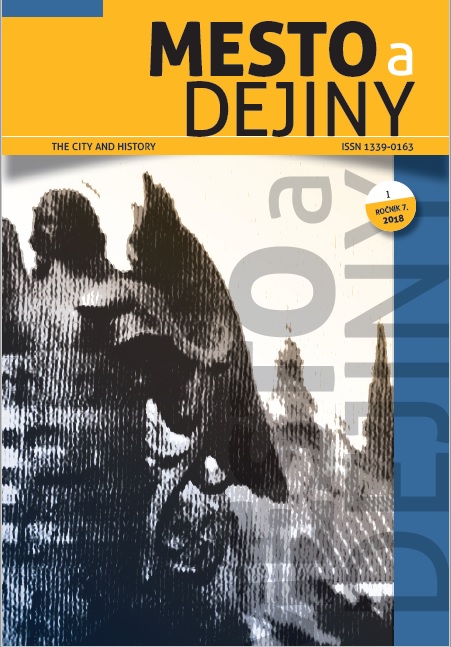Regionální identita jako základna konstrukce společné identity českých (československých) Němců ve vlastivědné produkci jizerskohorského regionu
Regional Identity as a Basis for Formulation of a Common Identity for Sudetenlanders in the Heimatkunde Propagated in the Jizera Mountains
Author(s): Jana MezerováSubject(s): History, Cultural history, Geography, Regional studies, Historical Geography, Ethnohistory, Local History / Microhistory, Modern Age, Recent History (1900 till today), Special Historiographies:, 19th Century, Pre-WW I & WW I (1900 -1919), Interwar Period (1920 - 1939), Period(s) of Nation Building
Published by: Univerzita Pavla Jozefa Šafárika v Košiciach
Keywords: Heimatkunde; Regional history; Sudetenlanders; Nationalism; Identity; Stereotypes;
Summary/Abstract: The aim of this paper is to explore the transformation in the relationship of the German minority to the Frýdlant, Liberec and Jablonec regions in the nineteenth and early twentieth century, based on research into Heimatkunde (local culture and heritage studies). The paper picks out the way in which Heimatkunde was gradually appropriated by the nationalists, until it eventually became part of the “völkisch” trend. It was used to construct a shared identity amongst Sudetenlanders, as a political tool in the push for the minority’s autonomy. Regional identity developed into a platform from which the stereotyped elements that formed acceptable, effective points of identity for the entire German-speaking minority were drawn and gradually moulded, becoming the foundations for a common identity. Other modernisation processes also played a major role alongside nationalism: in particular industrialisation, urbanisation and the development of a civil society and self-government. From among the many areas that make up Heimatkunde which can be used to illustrate this process, I have chosen to focus in this paper on the relationship to the landscape. When one examines the physical aspects of the landscape, a clear progression can be observed in publications on Heimatkunde in which emphasis shifts from topographical descriptions to the use of local potential (industrial and also tourist potential). Against this backdrop, a stereotype emerged for the German minority of a hardy people who were able to prosper in harsh upland conditions through hard work and enterprise. The administrative aspect of Heimatkunde focused on the relationship between the periphery and the centre and on self-government, and was often linked with the issue of settlement. This led to increasing emphasis on the stereotype of the Sudetenlanders as bearers of culture and on the issue of the right of national ownership.
Journal: The City and History (Mesto a dejiny until 2019)
- Issue Year: 7/2018
- Issue No: 1
- Page Range: 103-121
- Page Count: 19
- Language: Czech

